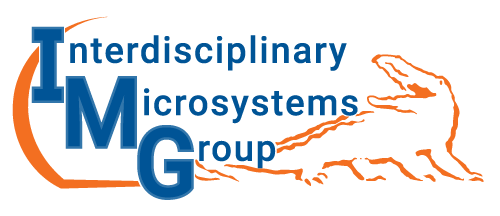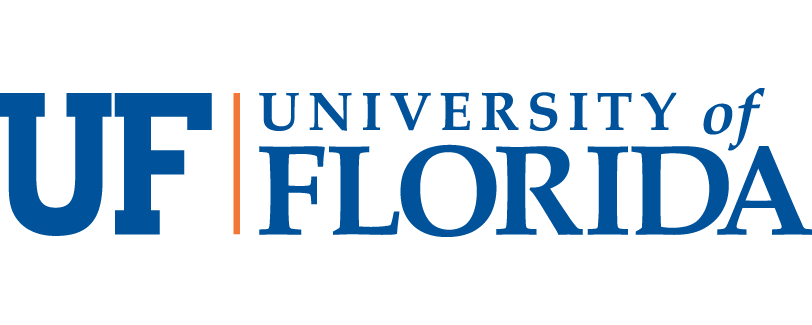Chronic and acute pain affect ~100 million people in the US and greatly increase national rates of morbidity, mortality, and disability. Pain not only negatively impacts individual lives in significant ways, it also imposes enormous national economic costs (up to $635B annually). The misuse of and addiction to opioids, such as prescription pain relievers, heroin, and synthetic opioids (e.g., fentanyl and carfentanil) is a serious national crisis. Currently ~130 Americans die of opioid overdose every day. Although pain treatment is a significant factor of the opioid crisis, it is not the only one. For example, despite a 13% reduction in opioid prescriptions from 2012 to 2015, the addiction to opioids actually drove the overdose death rate up 38%. Opioid addiction can also be driven by causes other than pain, such as social, economic, and "diseases of despair". By tackling this national crisis, the proposed center-planning effort will align with a major priority of the United States (i.e., The President’s Commission on Combating Drug Addiction and the Opioid Crisis) and the states of Florida, Pennsylvania, and Arizona which in 2017 had the 3rd, 4th, and 22nd most opioid-overdose deaths in the country respectively. Inspired by the neurotechnological breakthroughs enabled by the convergence of engineering with the fields of neuroscience, neurology, and neurosurgery (e.g., cochlear implants, deep-brain stimulation, retinal prosthetics, etc.), our vision is to achieve lasting transformative impact on the opioid crisis with new neural-engineered systems that can dramatically reduce pain and others that reduce addiction. To plan the Center for Neural Engineering Systems with Societal Impact (NESSI), we propose to build a large coordinated team that leverages new social and neuroscientific insights, computational modeling techniques, artificial intelligence, advanced engineering fabrication processes, preclinical experimental methods, and translational strategies to tackle this increasingly global societal challenge. Overview: Our proposed ERC-planning process will include training to ensure it is informed by the best practices of inclusion and unconscious bias. Also, a set of working-group (WG) meetings will focus on 5 primary research themes: Target, Model, Implement, Validate, and Translate. Output from earlier WG meetings, such as reports and SWOT analyses, will be passed on to later WG meetings to inform their discussion. The outputs of all WG meetings will be considered at an Integration Meeting focused on bringing all of the guidance together and developing preliminary vision documents for the research, workforce-development, inclusion, and innovation-ecosystem components of the center. Lastly, a center-wide Final Strategic Meeting will be organized to solidify the center vision for all components.

